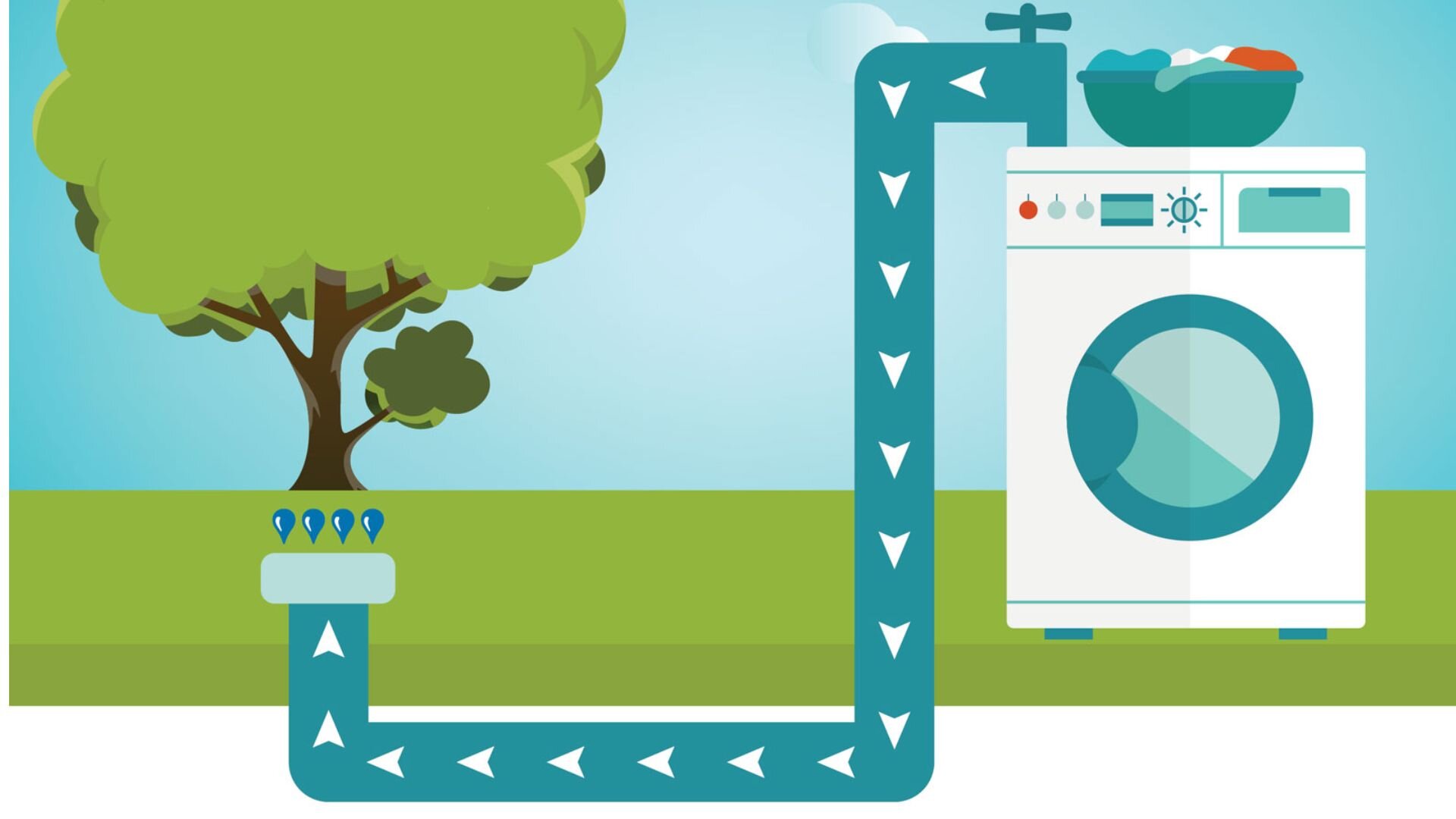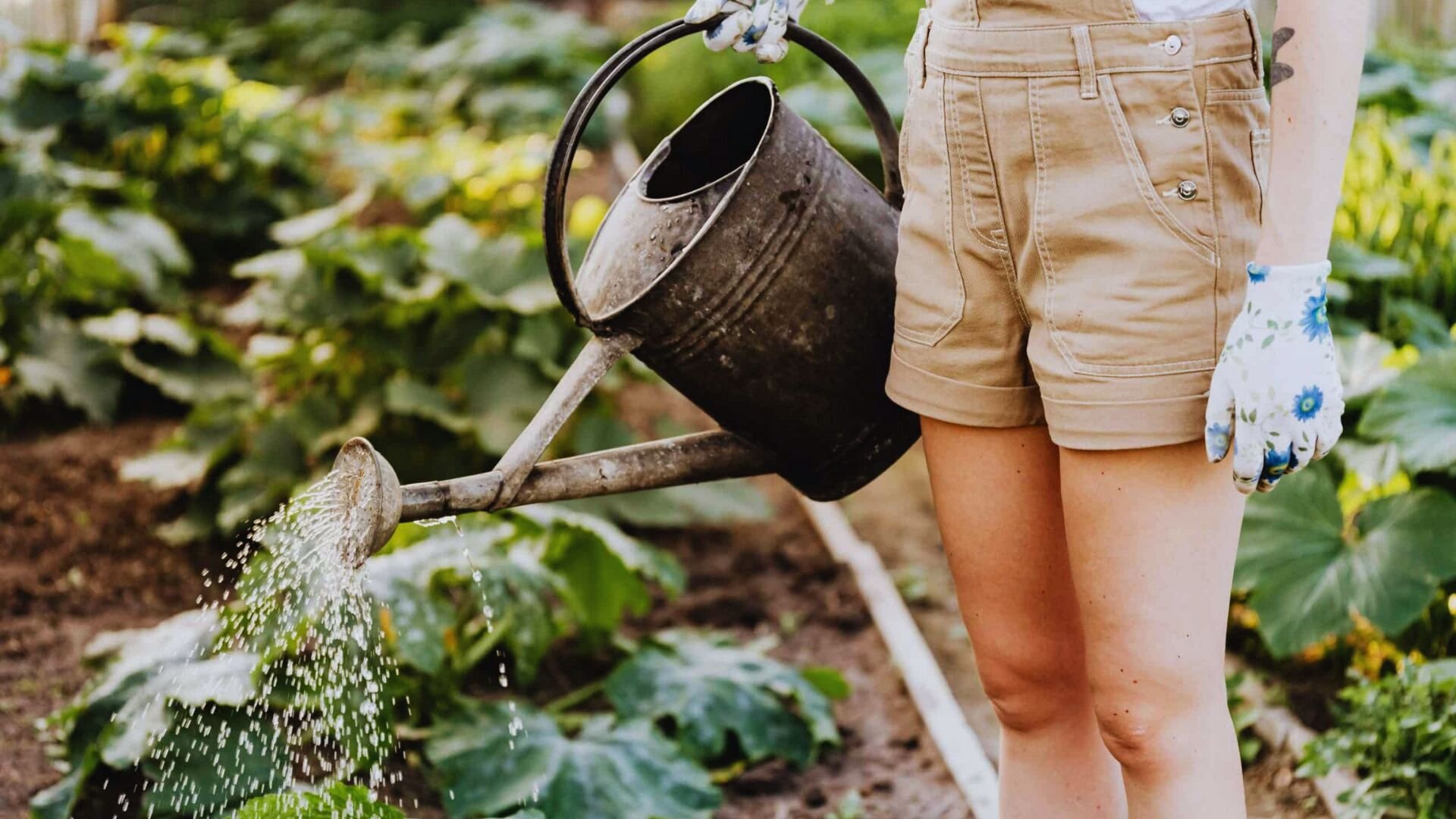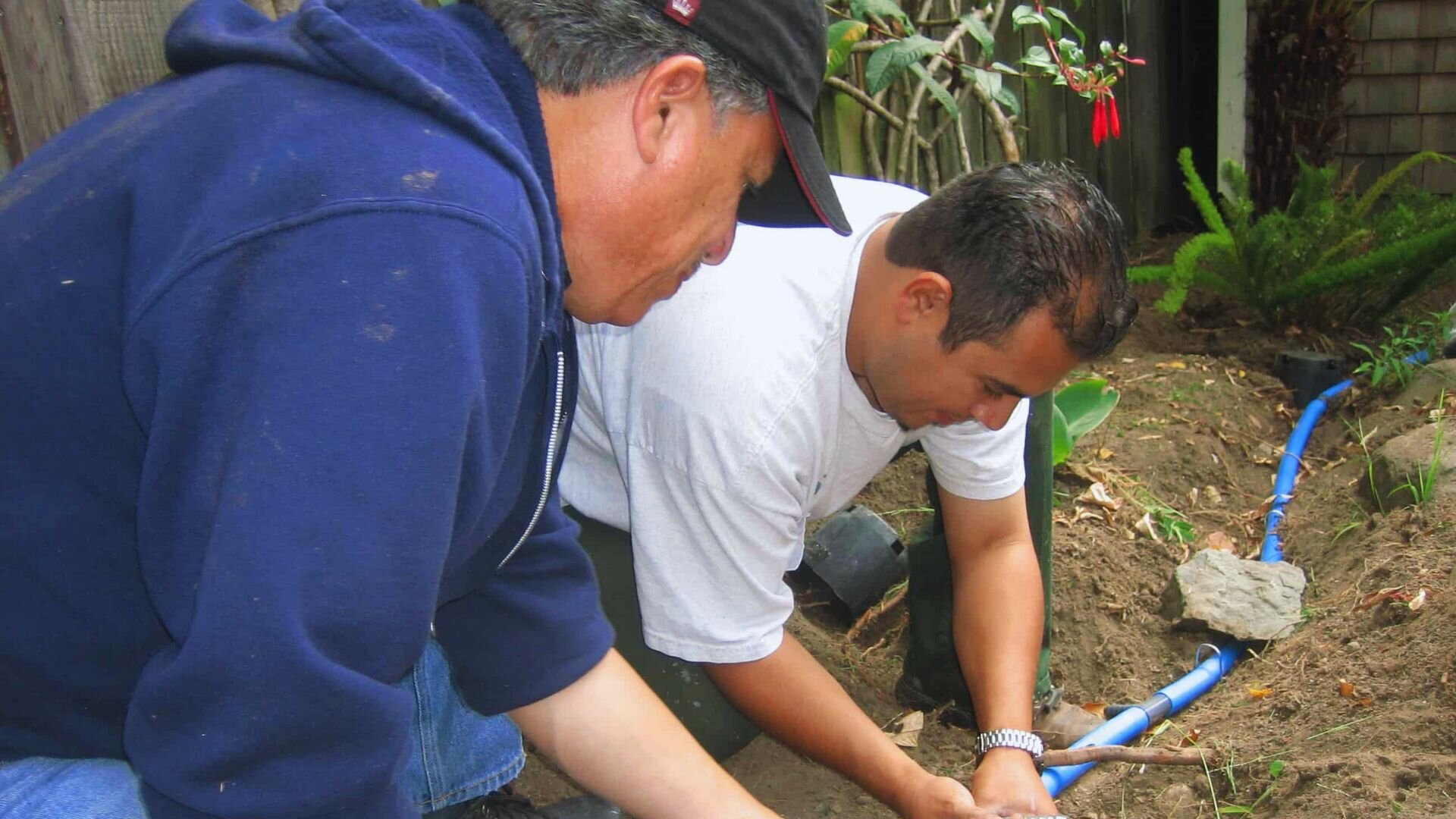Does your large lawn or garden need a lot of water to maintain? You can use household greywater for this purpose.
Due to the nature of greywater, many homeowners get rid of it to maintain the cleanliness of their homes. However, they do not realise it can be a valuable resource for watering your lawn or garden. Not only does that reduce your water bills, but it also makes your gardening process more efficient.
So, you might be wondering—how can you actually use this greywater? It’s quite straightforward: through greywater recycling. That’s what we’re diving into in this article.
If you’re keen to know how to gather and use greywater in your garden, keep reading!
What Is Greywater?
It is no secret that everyday household activities require a lot of water. You need water for hygiene, cleaning your clothes, washing the dishes, and performing other daily household tasks. The water generated from these activities is known as grey water.
So, to put it simply, greywater is the wastewater from dishwashers, washing machines, bathtubs, showers or kitchen sinks. As you can guess, this water contains a lot of contaminants and organic matter.
Here, it would be best to remember that greywater is different from other types of domestic wastewater, namely, black and yellow water. Black watercomes from toilets and contains more contaminants than greywater and harmful pathogens. It also contains solid wastes like toilet paper, faeces, discarded food materials, etc.
Yellow water, on the other hand, is just urine waste. And while it is not as harmful as black water, it cannot be treated as easily as greywater either.
That said, not all greywater is ideal for watering your garden. Take dark greywater, for example—it contains more chemical contaminants, which makes it unsuitable for this purpose.

Benefits Of Greywater Recycling
There are several benefits to recycling greywater, as we have discussed below.
1. Saves Money
The biggest win with recycling household greywater is saving on your water bills. If your lawn is thirsty, this method can really help you trim down your water use significantly.

2. Conserves Water
There’s no denying that water is a precious resource; hence, it needs to be conserved. Thus, if you reuse water to irrigate the garden, you can drastically reduce your overall household consumption, which is excellent for water conservation.
3. Ensures A Steady Water Supply
Besides saving water, greywater recycling can be a great way to ensure a steady water supply when water restrictions are in place. For instance, you can use recycled greywater for your household or gardening needs if there is a water crisis.
4. Reduces The Amount Of Wastewater Sent To Sewage Facilities
Installing a greywater recycling system at your home lets you treat the wastewater right at the source. This means the water does not need to be sent to wastewater treatment or sewage facilities, ultimately taking the load off these systems.
5. Improves The Property Value
If there are greywater treatment systems at your home, it will improve the efficiency of your household water supply. That, in turn, will make your property more alluring to potential buyers.
Collecting And Treating Grey water

Before you can recycle greywater from your household tasks, you’ll need to gather it. You can either go old-school with a manual collection method or opt for an automated system. If manual is your choice, grab a bucket and place it under different fixtures to catch the runoff gradually. On the flip side, an automated system lets you tweak your home’s plumbing to funnel all that greywater into a handy storage tank.
After the collection is complete, you will need to treat the greywater to make it usable again. Installing a domestic water recycling system is the best way to do that. However, such a system can be expensive to install, and if you cannot afford it, you can treat the water with chlorine or iodine.
When considering greywater use, it is important to note that greywater can be used to flush toilets or for irrigation, especially on the soil surface where plants can benefit. One common source of greywater in households is the washing machine, which typically uses cold water and generates a significant amount of greywater. By investing in a system to collect and store greywater, you can reduce your overall water consumption and make your home more sustainable.
Using Greywater For Lawn And Garden Irrigation
Though you can’t drink it, greywater has minerals and chemicals that boost soil health and balance pH levels. That’s why it works well for irrigation. Simply hook up your greywater system to your garden’s setup, and you’re set!
For instance, you can connect the garden hoses and sprinkler systems to the wastewater storage tank using supply valves, which will help water your garden automatically. This is an excellent way to water vegetable, fruit or ornamental gardens year-round. In other words, you can use this strategy to nourish different fruit trees, vegetable plants, and ornamental plants efficiently in your garden at all times.
Precautions And Safety Measures
Before you start to use household greywater in your garden or lawn, you should take the following precautions.
- Do not store untreated greywater for more than a day
- Install emergency cut-off systems to prevent backflow and water run-off
- Avoid using this basic water on acid-loving plants
- Never use greywater for plants where the edible parts touch the ground
Revitalise Your Lawn & Garden With Recycled Greywater
Our advice? Definitely consider setting up a system like this at home. Sure, a dedicated greywater recycling setup isn’t cheap, but trust us—its benefits easily outshine any drawbacks.
Besides, considering the amount of money you will save on your monthly water bills, this will hardly be an issue in the long term.
On that note, installing this system can be tricky. If you do not have any DIY experience or are unsure about installing it by yourself, you don’t have to worry.
Here at Fixed Today Plumbing, we have a team of expert plumbers in Sydney who can get this job done quickly and affordably. If you live in Sydney and want to install such a system, you can get in touch with us at any time!














